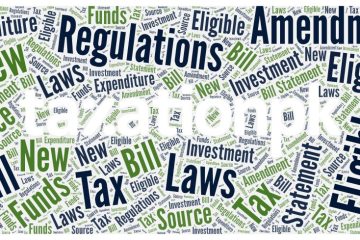Tax accounting plays a crucial role in determining taxable income for businesses. It goes beyond simple bookkeeping, focusing on the timing of how income and expenses are recognized, impacting a company’s financial statements and overall tax burden. In Pakistan, Section 32 of the Income Tax Ordinance serves as the foundation for these accounting methods.
Choosing Your Accounting Method:
Businesses generally have two options for recognizing income and expenses:
- Cash Basis: Income is recorded when received, and expenses are recorded when paid. This simpler method might be preferred by smaller businesses.
- Accrual Basis: Income is recorded when earned (regardless of receipt) and expenses are recorded when incurred (regardless of payment). This method offers a more accurate picture of a business’s financial health.
The Ordinance allows most businesses to choose their preferred method, while larger companies are mandated to use accrual accounting. However, exceptions may exist based on notifications and SROs issued by the Federal Board of Revenue (FBR).
Navigating Accrual Accounting:
Under accrual accounting, two key concepts drive income recognition:
- Accrual: Recognizing income when it becomes due, even if payment hasn’t yet occurred. This captures earned revenue not yet reflected in cash receipts.
- Realization: Recognizing income when it is in its final form and easily measurable. This ensures accounting for genuine income, not potential earnings.
Similarly, expense recognition follows these principles:
- Incurrence: Recognizing expenses when the liability to pay arises, regardless of actual payment. This captures costs associated with generating income during the accounting period.
- Matching Principle: Matching expenses with the specific income they generate, ensuring accurate representation of profit or loss for the period.
Changing Methods and Tax Implications:
Switching accounting methods requires approval from the Commissioner, who ensures the change accurately reflects the business’s income. Adjustments are then made to ensure no item is double-counted or omitted.
Impact of Unpaid Liabilities:
Accrued expenses not paid within three years of the deduction being claimed may be added back to taxable income. This prevents potential abuse of the accrual system. Additionally, any benefits derived from unpaid liabilities (e.g., discounts on future purchases) must be recognized as taxable income.
Payment of Unpaid Liabilities:
If an unpaid liability is subsequently paid, the business can claim a deduction for the payment in the year it occurs. This helps balance the initial disallowance three years prior.






